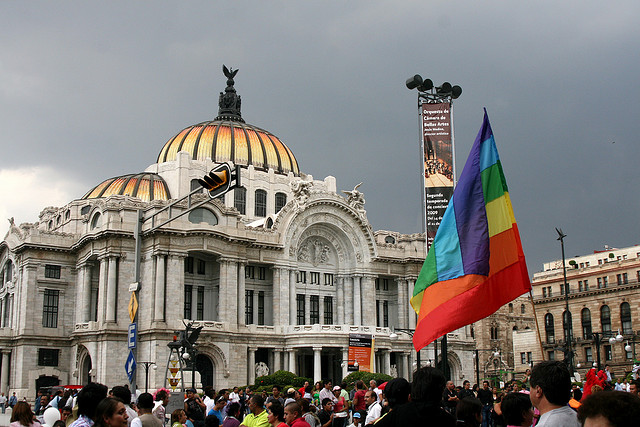
Dispatches, Mexico
Mexico’s LGBT Community Faces Violence Despite Major Gains In Civil Rights
August 4, 2011 By Daniel Hertz
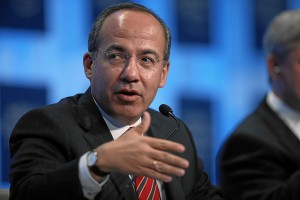
Mexican President Felipe Calderón.
“Three or four years ago there were raids in gay nightclubs, there would be teasing, even beatings.” Reyes said, adding that now. “The training has been quite effective.”
Outside the Federal District and a handful of other large cities, however, that transformation is harder to find. “The difference between the liberty in Mexico City and the repression in the states is very big,” said Antonio Marquet, a professor at the National Autonomous University of Mexico who writes a blog about LGBT life in Mexico.
Even in relatively liberal Coahuila—the first state to give any legal recognition to same-sex couples—it can be dangerous to show affection outside of Saltillo or Torreón. “In the other towns,” said Ruiz Malacara, “we still get reports of gay and lesbian people getting assaulted.”
National studies tend to confirm these anecdotes. A survey conducted by the National Committee to Prevent Discrimination in 2010 indicates that most Mexicans are not ready to fully accept their gay, lesbian and trans neighbors. Less than 43 percent of Mexicans said they would be willing to live with a gay person, and well over two-thirds oppose adoption for gay couples. A 2005 report by the same organization found that 74 percent of LGBT Mexicans said they had faced discrimination at work, and over 16 percent had been the victims of domestic abuse. Fully half of transgender Mexicans said they had been assaulted because of their identity.
Contributing to these attitudes, say many gay rights advocates, is the staunchly anti-gay rights position of the Catholic Church, which represents the faith of more than four out of every five Mexicans. Members of the Church hierarchy publicly campaigned against the gay marriage law, occasionally using controversial rhetoric. The Cardinal Norberto Rivera compared gay marriage to “violence, poverty and unemployment” as one of Mexico’s most serious problems, and in early 2011 the Archdiocese of Mexico published an article calling Mexico City’s government a “secular Taliban” because of its support for LGBT rights.
Pushing up against these realities, the legislative victories of the gay rights movement have unleashed a backlash in some places. Several states either joined President Calderón’s unsuccessful constitutional challenge to the capital’s gay marriage law, or passed their own legislation attempting to pre-empt the national consequences of the law. At least two states, Querétaro and Jalisco, moved to ban adoptions by gay married couples. In the southern state of Chiapas, the local PRD released a statement indicating their disapproval of the measure passed by their party in Mexico City. And despite the Supreme Court ruling, the Calderón administration has used loopholes in the decision to continue to deny some social security and medical benefits to gay spouses.
Carlo Pizano, a Mexico City legislator from the conservative National Action Party (PAN) believes that this is only the beginning. “My prediction is that there will be significant resistance to changing the legal definition of marriage from a stable union between a man and a woman,” he said. In response to accusations by his opponents, like the professor Antonio Marquet, that the sometimes-harsh rhetoric of this backlash is worsening anti-LGBT discrimination, he shakes his head. “Any kind of violence…or threat deserves a total rejection,” he said. “But sometimes the truth hurts.”
Pizano and the liberal representative David Razú agree on one thing: in the midst of a global economic crisis and the epidemic of gang violence in many parts of the country, gay rights are not going to be the number one issue for most Mexican voters in the upcoming 2012 national elections. Perhaps as a result, the country seems to have reached a deadlock on legal rights for sexual minorities in the near term. While efforts to allow same-sex marriages to be performed in other states appear to have stalled, those seeking to ban same-sex adoption have failed too. And the Supreme Court ruling leaves even the most conservative states little room to do anything about the legitimacy of gay unions performed in the capital.
In the longer-term, however, there is evidence that the shift towards acceptance of gay, lesbian and trans Mexicans will continue. As in the United States, younger Mexicans are much more likely to express comfort with sexual minorities than their parents or grandparents. The same national survey that found a majority of respondents unwilling to live with an LGBT roommate indicated that among those between 18 and 29, nearly two-thirds were open to the idea. Only about one-third of Mexicans ages 60 and over felt the same way.
Moreover, some pro-gay attitudes already seem to be the norm among Mexico’s middle class and elite: over 65 percent of Mexicans of all ages with a college degree say they would live with a gay person. Alejandro Reyes, the editor of OHM, said that changes in popular culture over the last several years have helped shape those attitudes—and they are unlikely to be reversed. “Two or three years ago, the only gay characters you could see on TV were hyper-feminine jokes,” he said. Today, however, telenovelas like “Los Exitosos Pérez” have gay main characters “who are not clichés, and now other shows are picking that up and creating real gay characters.” In addition, Reyes said, more Mexican households than ever have access to American and European shows on cable, with their “more natural” depictions of homosexuality.
Antonio Marquet, the professor, is also optimistic. “People are getting used to seeing two men holding hands, or two women embracing. The attitude of young people is very empowered. Now that they know that they have rights, they’re taking them.”
Photo 1: Citoyen du Monde Inc @ Flickr.
Photo 2: World Economic Forum @ Flickr.
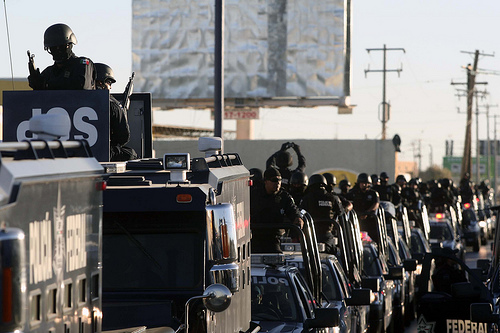
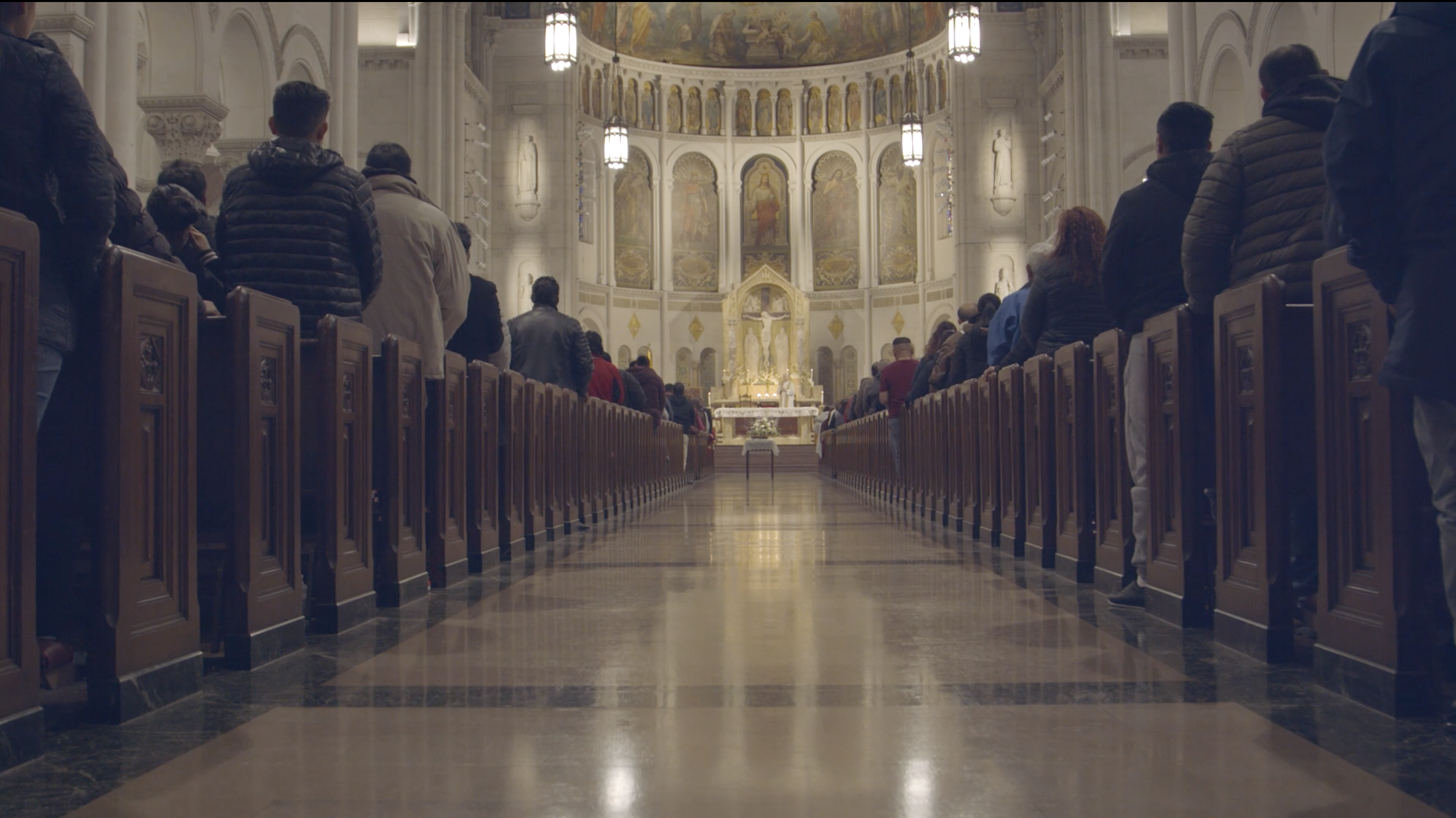
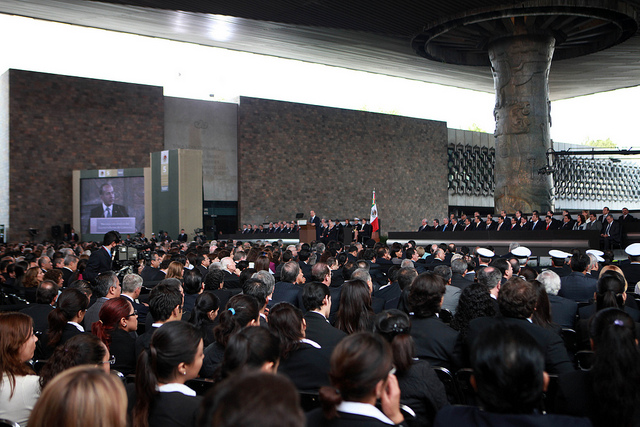
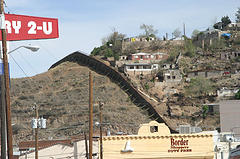
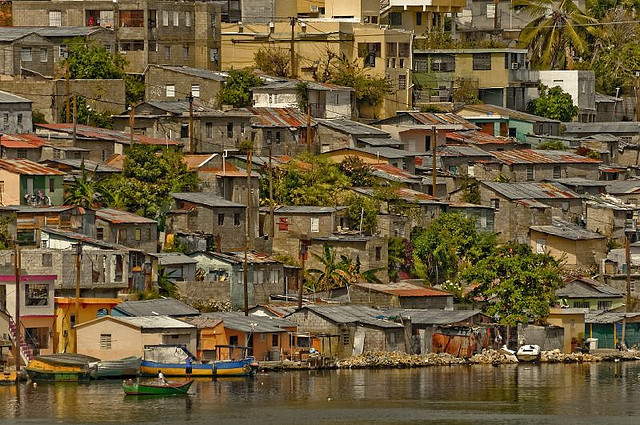
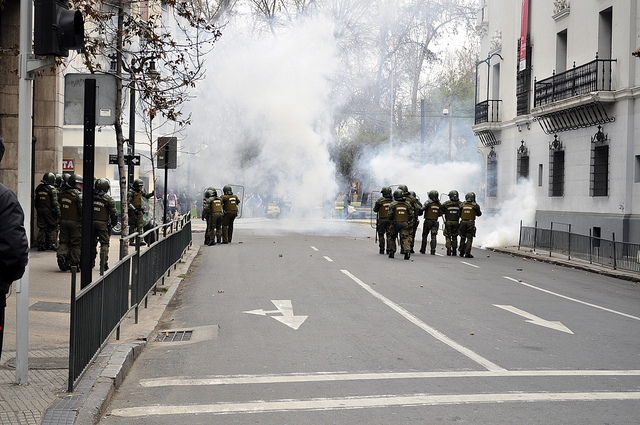
8 Comments
[…] Mexico’s LGBT Community Faces Violence Despite Major Gains In Civil Rights […]
[…] the title of my first published article! It is here. A […]
[…] Mexico’s LGBT Community Faces Violence Despite Major Gains In Civil Rights […]
[…] Mexico’s LGBT Community Faces Violence Despite Major Gains In Civil Rights new TWTR.Widget({ version: 2, type: 'profile', rpp: 15, interval: 6000, width: 280, height: 300, theme: { shell: { background: '#306899', color: '#ffffff' }, tweets: { background: '#ffffff', color: '#000000', links: '#cd1613' } }, features: { scrollbar: true, loop: false, live: false, hashtags: true, timestamp: true, avatars: false, behavior: 'all' } }).render().setUser('LatinAmDispatch').start(); You are here: Home » Regions » Southern Cone » Chile » […]
[…] Violence against Mexico’s LGBT community is darkening what should be its shining moment — the passage of milestone legislation, including a law legalizing gay marriage in Mexico City. Daniel Hertz reports from Mexico’s capital. […]
[…] rejection of the idea of adoption by gay couples is widespread in Mexico — where violence against the LGBT community continues — it tends to decrease with age. Seventy percent of adults between the ages of 30 […]
[…] a homofobia por lá ainda é forte (afinal, preconceito não se vence somente com um decreto). A violência contra homossexuais ainda é grande e a opinião pública é bastante desfavorável a idéia de adoção de crianças por casais […]
[…] after the nation’s Supreme Court’s ruling. Both were beaten to death in an apparent connection to the gay community, according to the Latin America News […]
Comments are closed.